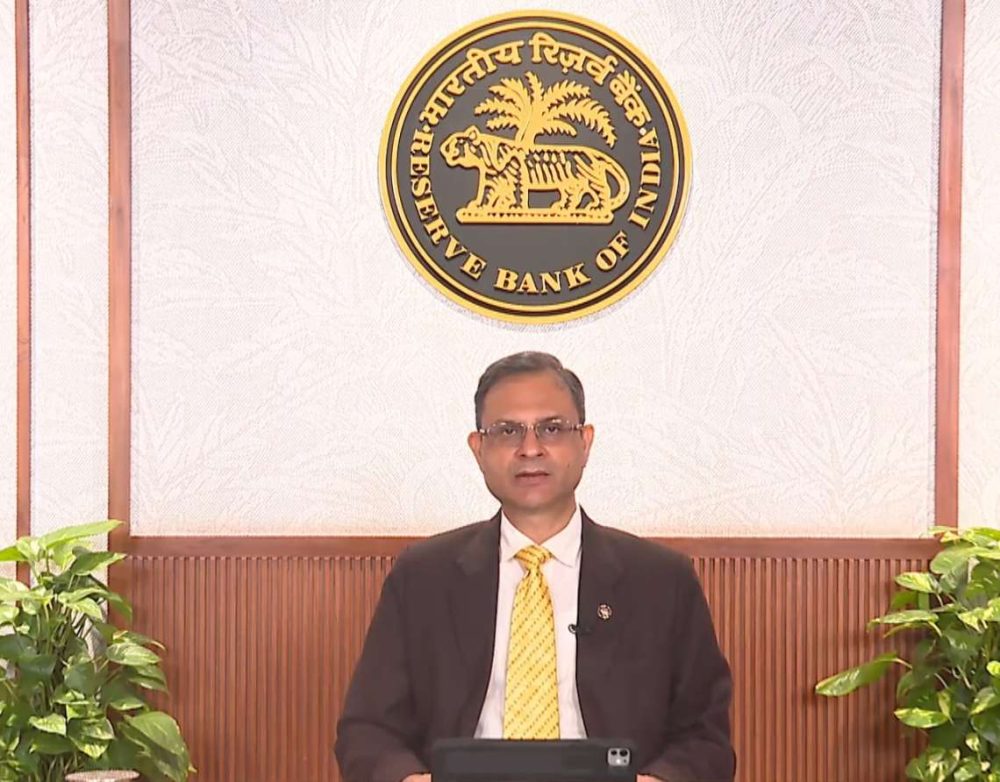“The number of people trading in Indian markets increased initially due to the lockdown. So effectively, we see a lot of people coming into the market not only for equities but for the trading part of it because people are sitting at home and want to trade,” says Bombay Stock Exchange MD and CEO Ashishkumar Chauhan
Despite COVID-induced moderation, India’s economic fundamentals remain strong, thereby retaining investors’ interest, contended the chief of the Bombay Stock Exchange.
In a conversation with IANS, BSE MD and CEO Ashishkumar Chauhan pointed out that rising investor participation in the equity segment along with recent industrial recovery trends clearly show the resilience of the Indian economy.
“Overall, I believe that despite a moderation caused by the COVID-19 pandemic, the fundamentals of Indian economy remain strong and GDP growth is expected to rebound from the second quarter of FY 2020-21,” Chauhan said.
“Indian government is seen not only as reformative, but transformative in approach, as seen by the recent farm and labour bill enactments. Foreign investors, in my view, are focussed on such reforms.”
According to Chauhan, India’s economy has shown signs of stability in the last few months with manufacturing and services gradually improving even as coronavirus cases escalated across the country.
“Activity in India’s dominant services sector is picking up and manufacturing has bounced back into expansion due to government push after four successive months of contraction,” he said.
“So clearly the real economy is on the path of recovery, as the markets have indicated. It is early days to predict full recovery but current indications are good.”
Besides, he cited that in the last 1 year, BSE brokers have opened 1.5 crore investor accounts.
In the last 6 months alone, more than 80 lakh investor accounts have been opened on BSE.
Consequently, the stock exchange major has reached a landmark of 5.47 crore investor accounts registered on its platform.
“The number of people trading in Indian markets increased initially due to the lockdown. So effectively, we see a lot of people coming into the market not only for equities but for the trading part of it because people are sitting at home and want to trade,” Chauhan said.
Besides, he pointed out that organised markets’ ability to provide instant liquidity is one of the core reasons for continuance of their operations despite the lockdown.
“The government did not force the markets to close which allowed people who were in need of funds to sell their assets like stocks or mutual fund units, collect their money, use it for other purposes and that would not have been possible if we had closed down the markets,” he explained.
“So, there is a tremendous trust that has been built up in terms of the market’s ability to provide you liquidity albeit at a lower price. Even if the market asset prices had gone down, they also started going up.”
Furthermore, he elucidated that India has been a preferred destination of Foreign Institutional Investors over the past few months.

Since the FII outflows in March, the following six months till September 2020 has seen net inflows of over Rs 21,000 crore.
India has continued to receive FII inflows, whereas emerging market peers recorded outflows. For instance, South Korea FII outflows stood at $2.3 billion and that of Taiwan at $2.2 billion.
In terms of IPOs hitting the market in FY21, Chauhan predicted that offerings this year are expected to be more than last year’s listings and amount raised as stock markets are flush with liquidity.
“Several firms had to keep their IPOs on hold due to lockdown curbs, which have hit the markets as the lockdowns have eased,” he said.
“As long as pricing remains fair, public confidence in the IPO market will be there, which in turn will increase the prospects of upcoming IPOs. It will also be crucial for companies to showcase their resilience to the pandemic and how they adapt to the emerging situation.”









